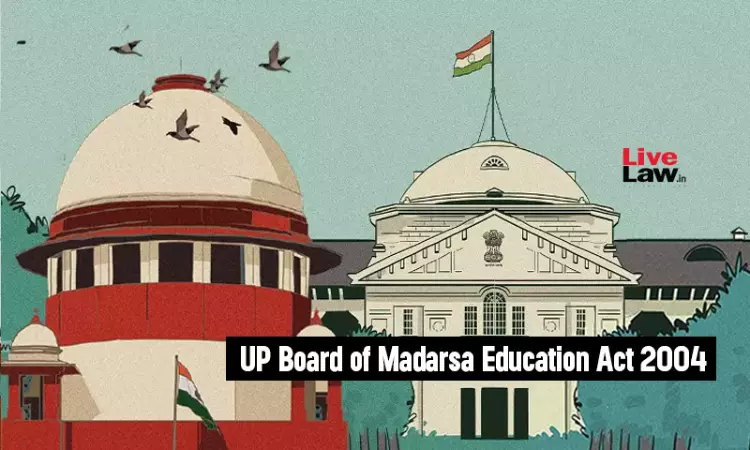A Special Leave Petition (SLP) has been moved in the Supreme Court challenging the Allahabad High Court's March 22 verdict declaring the 'UP Board of Madarsa Education Act 2004' as UNCONSTITUTIONAL. The petition, moved by Anjum Kadari and others, states that the High Court committed a grave error while passing a judicious order and it did not consider positive assistance of the Bar and passed...

